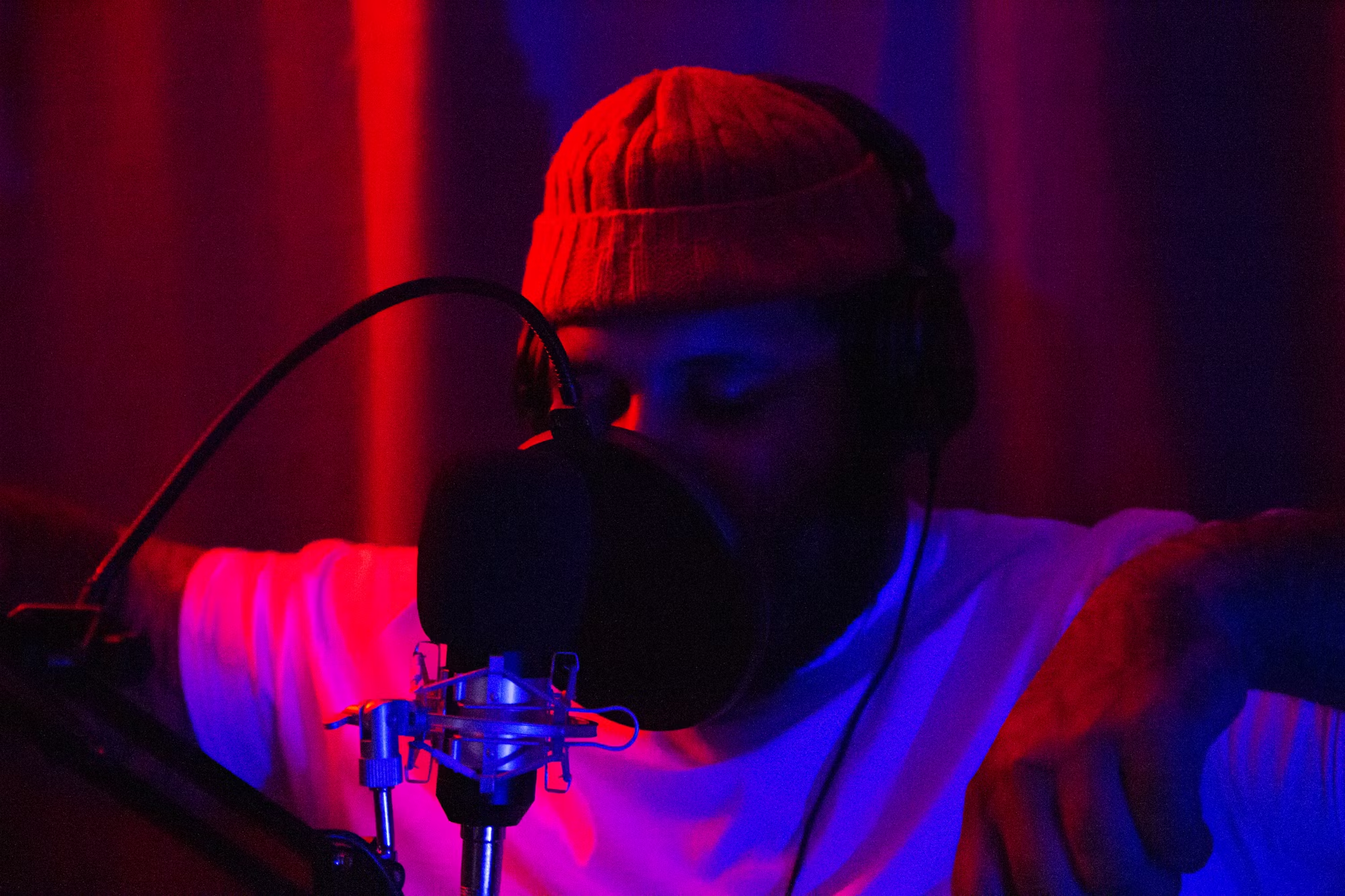Reggae music, with its infectious rhythms and profound messages, has transcended its Jamaican roots to become a global phenomenon. Emerging in the late 1960s, reggae is not just a genre of music but a cultural movement that speaks to social issues, love, and unity. Its distinctive sound, characterized by offbeat rhythms and bass-heavy melodies, has made it a beloved style around the world.
The origins of reggae can be traced back to the earlier styles of Jamaican music, such as ska and rocksteady. Ska, which developed in the 1950s, combined Caribbean mento and calypso with American jazz and rhythm and blues. This upbeat style was popular for dancing, but as social and political tensions grew in Jamaica, musicians began to seek deeper forms of expression. Rocksteady followed, introducing slower tempos and more romantic themes. It was during this transformative period that reggae emerged, with artists like Bob Marley and Peter Tosh at the forefront, using their music to address pressing social issues.
Bob Marley, perhaps the most iconic figure in reggae, played a pivotal role in bringing the genre to international prominence. His songs, such as “No Woman, No Cry” and “One Love,” resonate with messages of hope, resilience, and social justice. Marley’s music became anthems for the marginalized, reflecting the struggles of the Jamaican people and advocating for peace and unity. His unique blend of reggae with rock and pop influences helped to broaden the genre’s appeal, allowing it to reach audiences far beyond Jamaica.
In addition to Marley, other influential artists have contributed to the rich tapestry of reggae music. Peter Tosh, known for his fierce advocacy for human rights, infused his music with themes of empowerment and resistance. His hit “Get Up, Stand Up” became a rallying cry for activism, encouraging listeners to fight for their rights. Similarly, Jimmy Cliff’s work in the 1972 film “The Harder They Come” showcased reggae to a wider audience, solidifying its place in popular culture. The film and its soundtrack played a crucial role in popularizing reggae internationally, showcasing its potential to convey powerful narratives through music.
As reggae continued to evolve, various subgenres emerged, each adding a unique flavor to the broader genre. Roots reggae, characterized by its spiritual and social themes, became a dominant style in the 1970s. Artists like Burning Spear and Culture focused on themes of Rastafarianism and social justice, creating music that was both spiritually uplifting and socially conscious. This subgenre emphasized the importance of cultural identity and the struggles faced by the Jamaican people.
Dancehall, another significant subgenre, arose in the late 1970s and 1980s, incorporating more electronic sounds and a faster tempo. Artists like Shabba Ranks and Lady Saw gained popularity with their infectious rhythms and party anthems. Dancehall reflects the vibrant energy of Jamaican nightlife, celebrating love, dance, and community. This evolution demonstrates reggae’s adaptability and its ability to resonate with different generations, continually reflecting the cultural shifts within Jamaican society.
Globally, reggae music has influenced countless artists across various genres, from hip hop to rock and pop. The incorporation of reggae rhythms and styles can be heard in the music of contemporary artists like Rihanna and Bruno Mars. Their songs often blend reggae elements with pop sensibilities, introducing the genre to new audiences. This fusion highlights reggae’s enduring legacy and its capacity to inspire artists around the world.
Festivals dedicated to reggae music, such as the Reggae Sumfest in Jamaica and the Rototom Sunsplash in Spain, celebrate the genre’s rich heritage while fostering a sense of community among fans. These events attract thousands of attendees, showcasing both established and emerging artists. They serve as platforms for cultural exchange, emphasizing the power of music to bring people together, regardless of their backgrounds.
Moreover, reggae has also played a significant role in social movements, particularly in advocating for peace, justice, and equality. The genre’s roots in resistance and empowerment have inspired various campaigns and initiatives aimed at promoting social change. Organizations and artists often collaborate to raise awareness about issues such as poverty, education, and human rights, demonstrating the power of music as a tool for activism.
The rise of digital platforms has further amplified the reach of reggae music. Streaming services and social media allow artists to share their music with global audiences, breaking down geographical barriers. Independent artists can now reach listeners directly, fostering a new wave of creativity and innovation within the genre. This accessibility ensures that reggae continues to thrive, adapting to modern tastes while staying true to its core values.
In conclusion, reggae music stands as a testament to the power of artistic expression in addressing social issues and promoting unity. From its roots in Jamaica to its status as a global phenomenon, reggae has influenced and inspired generations. Through its infectious rhythms and meaningful messages, reggae continues to resonate with audiences worldwide, proving that music is not only a form of entertainment but also a powerful vehicle for change. As the genre evolves and adapts, it remains a vital part of the cultural landscape, celebrating the resilience and spirit of the human experience.



